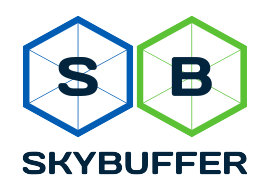A virtual data room (VDR) is an encrypted repository for private documentation that can be accessed by authorized users. These online documents are used for a range of transactions which include M&A, due diligence, and fundraising.
Due diligence is a crucial procedure that involves examining the company’s confidential information prior to making a major decision. This can mean analysing thousands of pages of information and it’s crucial to safeguard this data from anyone who shouldn’t know about it. VDRs are a wonderful tool to protect your privacy and share information, however they’re not all identical. The pricing structures of VDRs vary and it is crucial to know the differences before selecting a service. Many companies offer different pricing models depending on factors like the amount of GB of storage pages uploaded, users and. Some even provide a free trial.
A VDR is designed to be simple to use. For instance, a good VDR allows administrators to set up multiple reports as well as access real-time analytics. This lets administrators keep up-to-date on the usage of the VDR and make the necessary adjustments. The UI is also expected to be simple to use by CFOs and accountants at the entry level.
It is equally important that the VDR be accessible to investors from all over the world. Investors from around the globe might not be able participate in an acquisition if a VDR is not accessible. This could drastically slow down the M&A process or even prevent it altogether.
